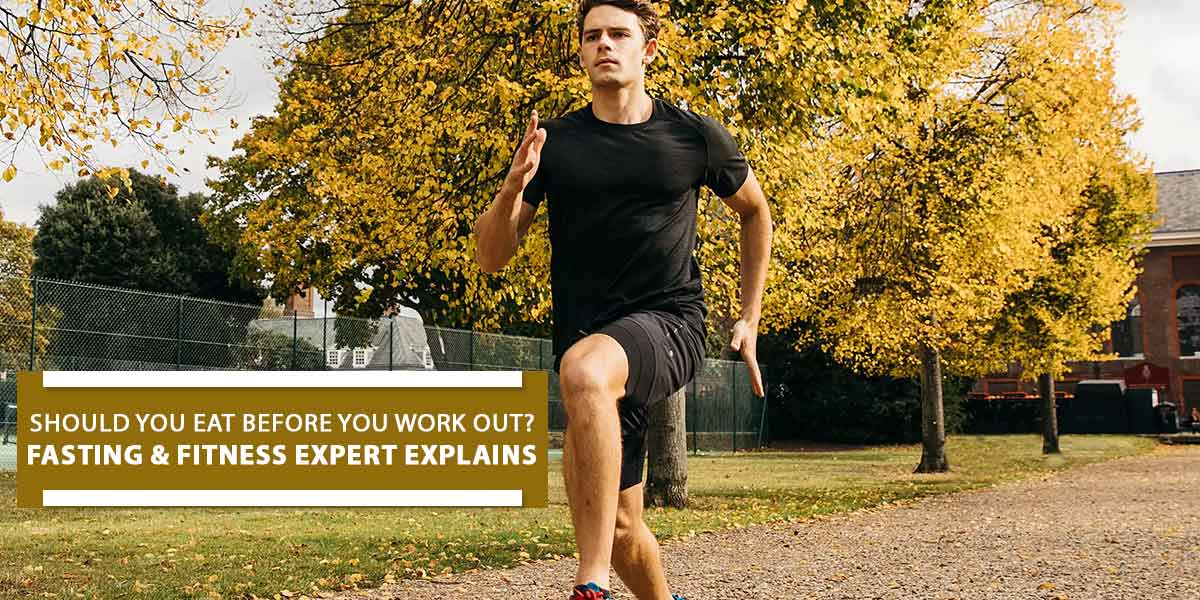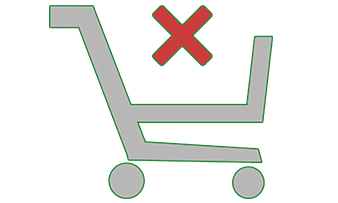Should You Eat Before You Work Out? Fasting & Fitness Expert Explain
 Image Credit: telegraph
Image Credit: telegraph
Should you choose to eat before a workout or not is a daunting question. One needs to get an answer to this first and then choose the kind of pre/post workout nutrition, which natural health products to choose, or the side effects of fat burning pills. While trying to decide if you should or not to eat before a workout, you'll come across a host of conflicting information.
Some folks say eating before a workout can give you more energy, and others say that it would slow you down.
Here's what Nutrition expert Max Lowery advises his clients:
Max Lowery has four years of experience as a competitive sprinter, Max believes that the motivation to train should be positive rather than negative. He advocates instead of training because of a negative body image, we should focus our mind on training like athletes, aiming to be the best versions of ourselves physically and mentally. His wellness philosophy inculcates a combo of intermittent fasting and training like an athlete as a pro efficient method to create long-lasting and sustainable results. He asks his clients to practice fasted exercise for the sake of their metabolism and fat-burning.
Myth 1: Using Carbohydrates For Energy Is Always The Best Option.
Being less inclined to carbohydrates for energy is a great thing; this will make you feel full because your body innately knows how to dunk into fat reserves for energy rather than the food you eat. For regular activities like walking, cycling, jogging, fat can be a much better energy source. Not craving high-energy foods all day can be a huge help in keeping you from indulging in heavy foods. Moreover, long-term dependence on carbohydrates can result in insulin resistance, biggest causation factors of Type 2 diabetes. Natural health products like biotin pills, vitamin and mineral capsules can be of good help here along with fruit, veggies, and lean meat.
Lowery suggests starting your fasted training with mild aerobic activities, such as walking, swimming, jogging or cycling. Initially, it will take your body some time to adjust to working out at a fasting stomach, but quickly it will adapt to it as your muscles will learn to use less glycogen, which means you're using fatty acids for fuel. Now that your body gets used to it, you can start incorporating fasted strength training into your routine. He personally shares that he enjoys fasted strength training since he finds it very difficult to train properly with a full stomach. To be precise, starting an intermittent fasting program can train your body to become fat adapted, meaning your fasted training sessions will become effortless.
Myth 2: It's Okay To Not Include Non-Fasted Workouts Into Your Routine.
Now reading all this, you might assume that one should never eat before a workout. That's not true either! It's important to balance it out so you aren't always fasting before you hit the gym, he says. If you know the workout is going to be more tenuous and cardiovascular-based, he suggests having carbs two to three hours before to help with performance and to prevent low blood sugar, which can cause nausea and dizziness.
He precautions not to do all the things at once; gently incorporate fasted training into your less intense sessions, and be really strategic with your carbohydrate consumption. One should be eating more carbs during training days and less on rest days. Fasted exercise is not a magic pill for weight loss, but it can be a very proactive tool to include in your training schedule. This will improve the efficiency of your body’s ability to use fat for energy. In the long term, this can mean a reduced risk of diabetes, heart disease, and obesity.
Is there anything you can consume before a workout? Well, his personal favorite is strong green tea or black coffee before a workout. Caffeine is a very efficient performance enhancer.
Read Next: Top Things To Know About Sports Nutrition Protein Bars









































